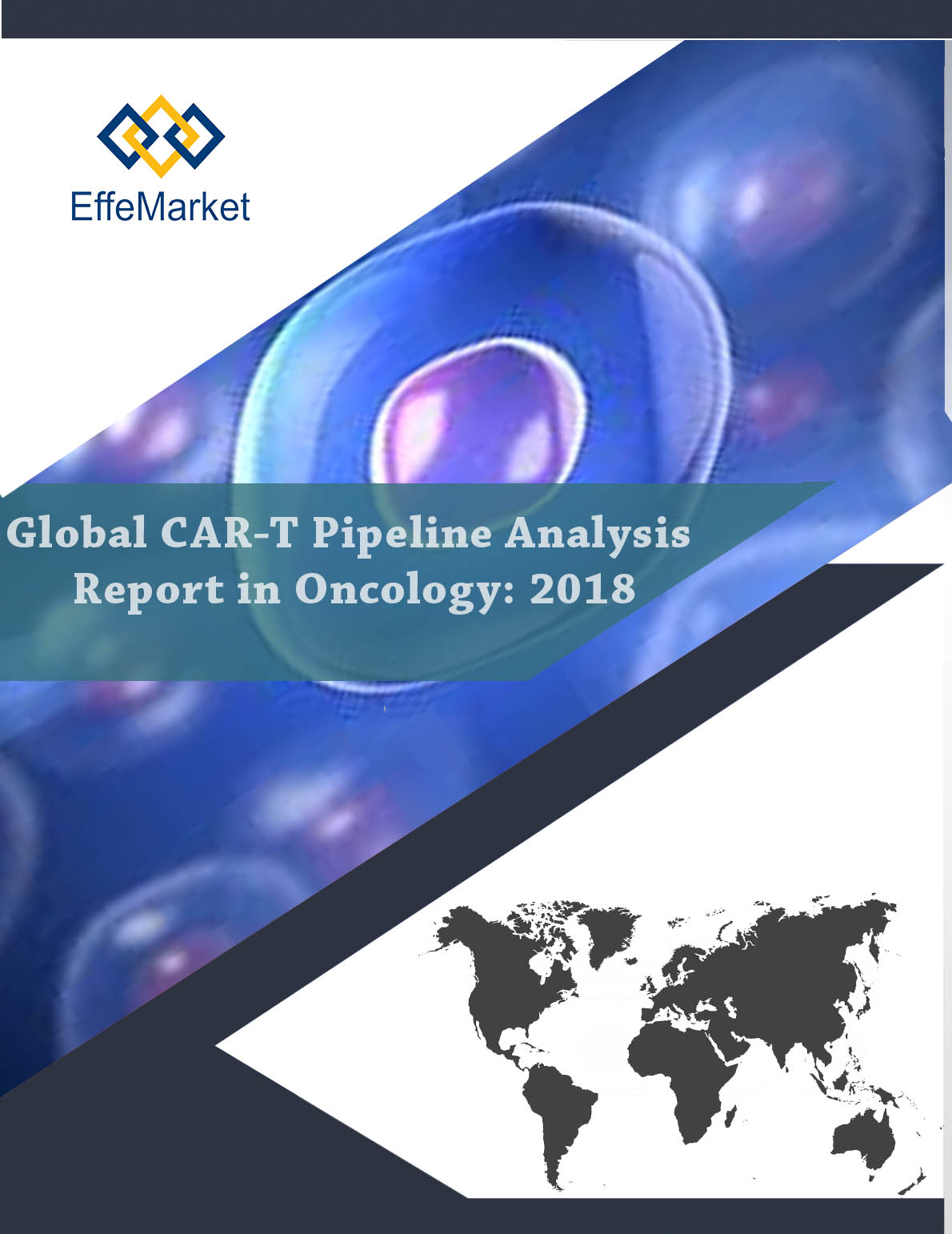Renal cell carcinoma (RCC), also known as kidney cancer or renal adenocarcinoma, is the most common type of kidney cancer in adults, occurring at an average age of 64 years. It is a disease which develops in the lining of the kidney tubules and grows into a mass or tumor. It accounts for approximately 3% of adult malignancies and 90% to 95% of malignant neoplasm (cancer cells) involving the kidneys. Its signs and symptoms include weight loss, fever, hypertension, malaise, night sweats, and blood in the urine.
Renal cell carcinoma is the ninth leading cause of cancer death in the US. The 5-year survival rates initially reported by Robson in 1969 were 66 percent for stage I renal carcinoma, 64 percent for stage II, 42 percent for stage III, and only 11 percent for stage IV. The age-adjusted incidence of renal cell carcinoma has been rising by 3 percent per year. In general men are twice as prone to RCC as women. It represents about four percent of all cancer diagnoses and every year, more than 337,000 people are diagnosed with kidney cancer. Annually 143,000 deaths are caused by kidney cancers. According to the National Cancer Institute, in 2017, RCC is estimated to be diagnosed in approximately 63,990 people in the US. In US alone, almost 14,000 deaths occur from RCC each year. In 2012, there were approximately 84,000 cases of RCC and 35,000 deaths due to kidney cancer in 2012 in the European Union.
The targeted therapies are usually the first line treatment option to treat in-operable or metastatic kidney cancer. Currently, these are usually given as monotherapy. But now, clinical trials are in progress to check if combination therapy (with standard therapy, other approved drugs or new molecules) is better than monotherapy.
Renal Cell Carcinoma Pipeline Analysis Report: 2017 includes list of pipeline of drugs in clinical development, and pipeline analysis by phase, indication sub-type, molecule type and company. The report provides the detailed analysis of the key five promising drugs in clinical development which are Savolitinib, AGS-003, Atezolizumab, Tivozanib and Avelumab. Many big pharma companies are working in developing drugs for the treatment of renal cell carcinoma. The companies are majorly focused on developing treatment for the advanced/metastatic form of kidney cancer. Bristol-Myers Squibb in collaboration with Ono Pharmaceutical is leading in this space. Other leading companies working in this area are Novartis, Roche, Eisai, Merck & Co. (as Merck Sharp & Dohme), AstraZeneca, Pfizer and, Takeda. Very few companies like Bristol-Myers Squibb, Novartis, Eisai and Roche are investing on the rare variant, the non-clear cell RCC.
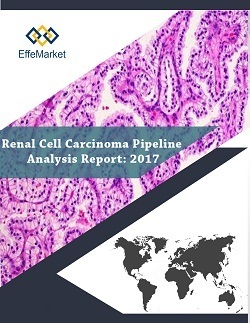
|
$3499
Get Free 10% Customization
|
|---|
License Type |
|
Add to Cart
Download Brochure
|


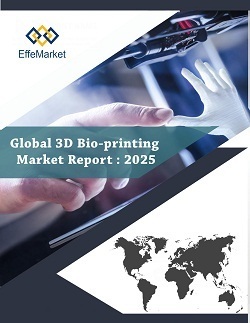

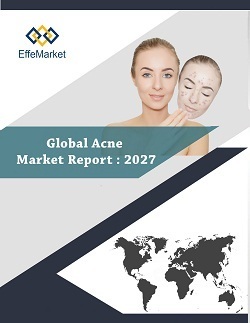
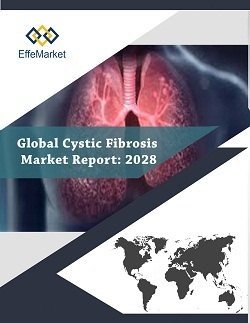

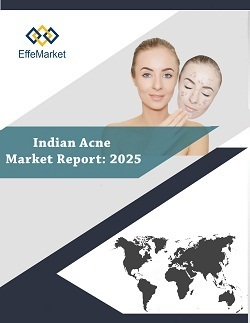


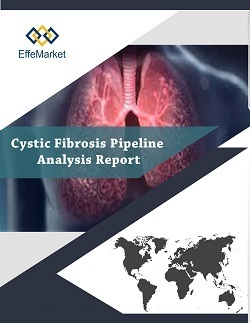
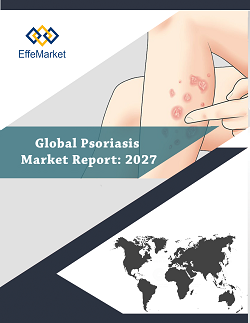
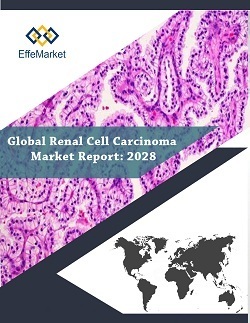
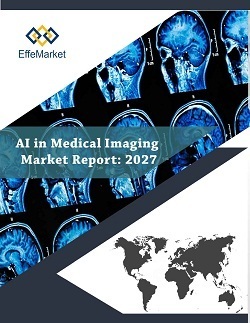


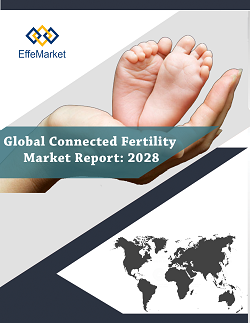
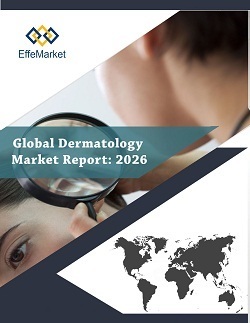
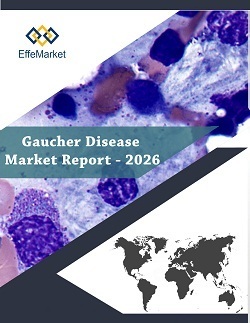
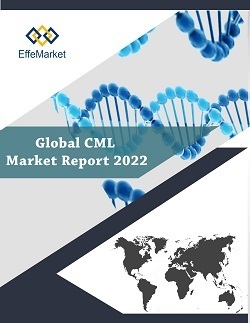
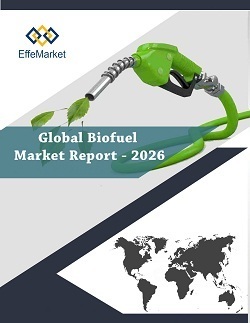
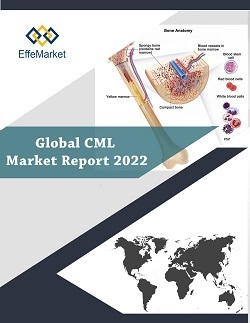
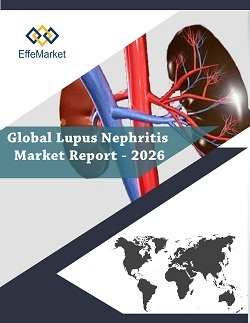
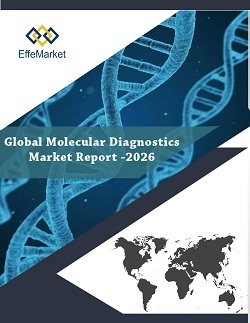
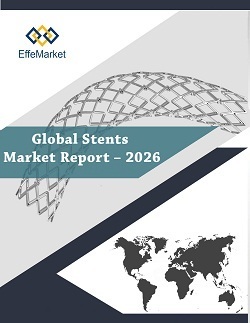
-Market-Report-2024.jpg)

